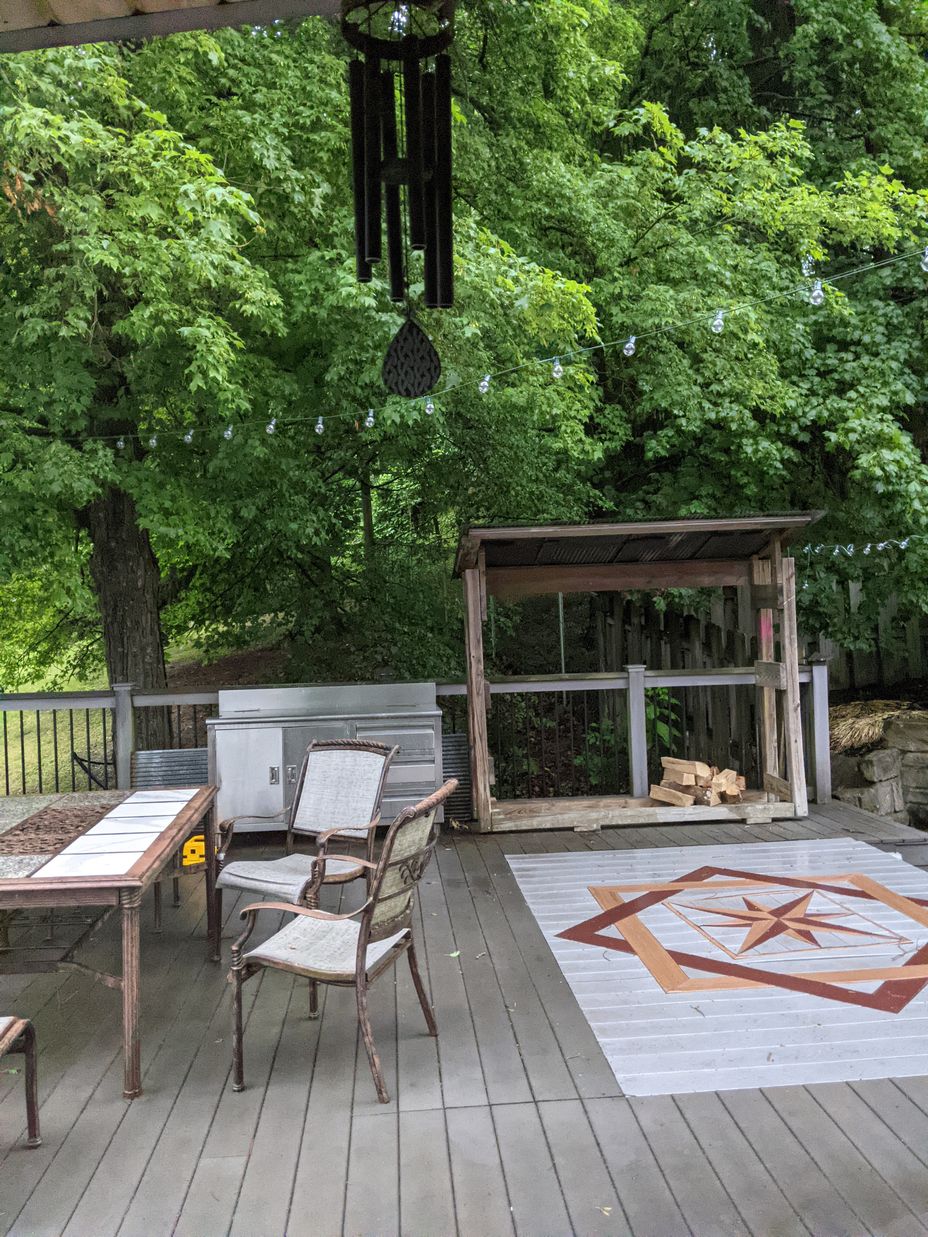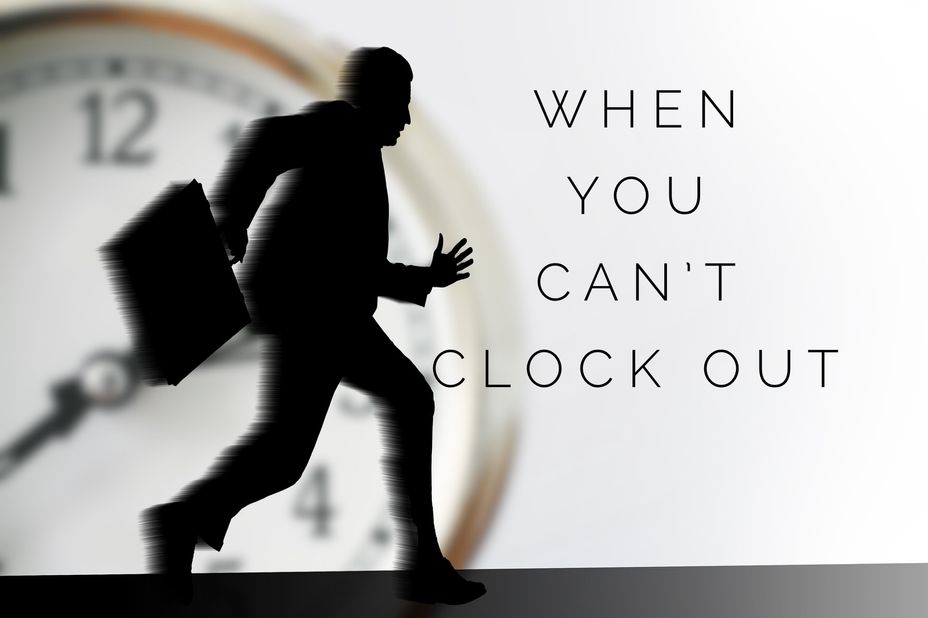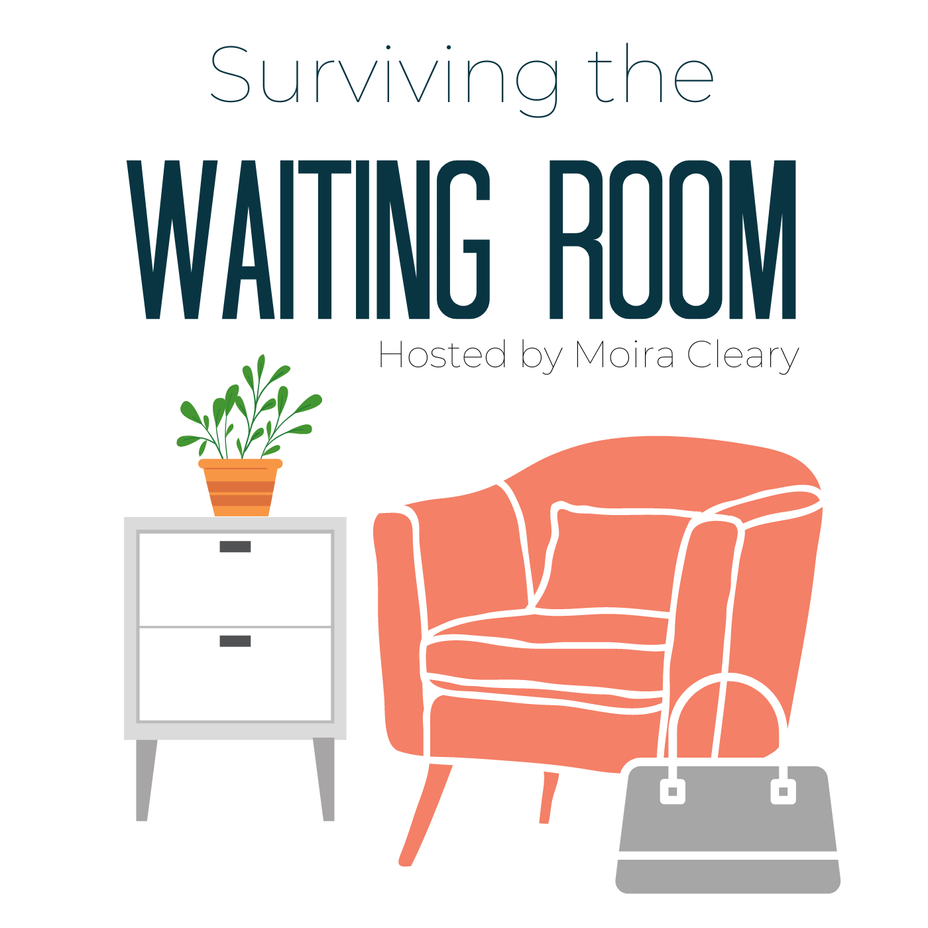There are many things that you can do to help and support the disabled community and promote inclusivity. As a SEN parent, here's a few of my favourites:
1. Ask questions, never assume
If you don't know if my son can join in with that game of football, or access that building or find that situation too overwhelming....then ask.
Just ask and we'll find the best approach together. Assuming he can't is ableist and prevents all of us from getting into the habit of making adaptions to include everyone.
2. Remember YOUR discomfort is momentary
If you find my son's behaviour, noises and physical movements difficult/frustrating/annoying, then remind yourself that that feeling is temporary. You are able to regulate your situation and emotions far more easily than my son. So remove yourself, have a word with yourself and remind yourself that those feelings were temporary. My son lives with that level of discomfort and difficulty all the time.
3. Practise empathy
Every time you navigate yourself with ease from A to B, or approach a new situation/place/ person without any prior planning or anxiety, enjoy the feeling, appreciate your able body and mind and then take a moment for all of those that can't.
4. Change your perspective
Comfort and ease comes before image. This could mean the clothing he wears, how he moves, his stimming or other self-regulating behaviour. I don't care if my son is in a bedtime onesie laying on the tarmac to keep himself calm and if I don't care, then neither should you.
5. Speak up
Change only happens if people want it to. If you see things that aren't inclusive, whether that be a lack of ramps or accessible toilets or an environment that doesn't cater for all then speak up. Ask questions, write to management, enquire on their accessibility policies. The more we ask the more we draw attention to things that can and should change.
6. Research and open up your world
Open up the echo chamber of your social media and entertainment to include people different from yourselves. Desensitise disability so that you are able to engage with the SEN community without fear or embarrassment. Education leads to awareness and acceptance.
7. And above all else, be kind!
That includes to yourself. If you get it wrong and feel embarrassed, be kind to yourself and then try again.
#SpecialNeedsParenting
#specialneedsfamily
#Inclusion
#disabilityawareness








